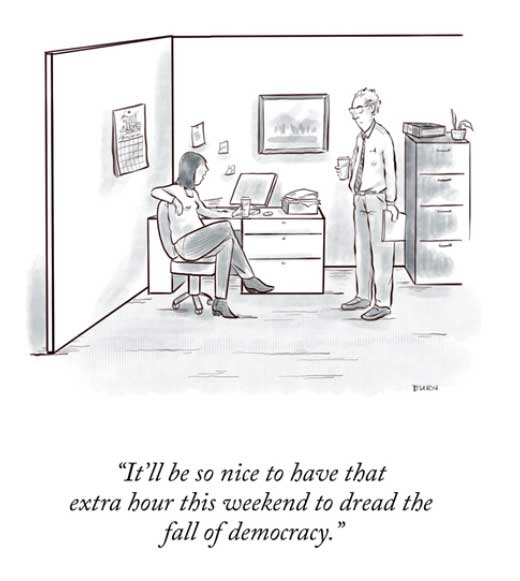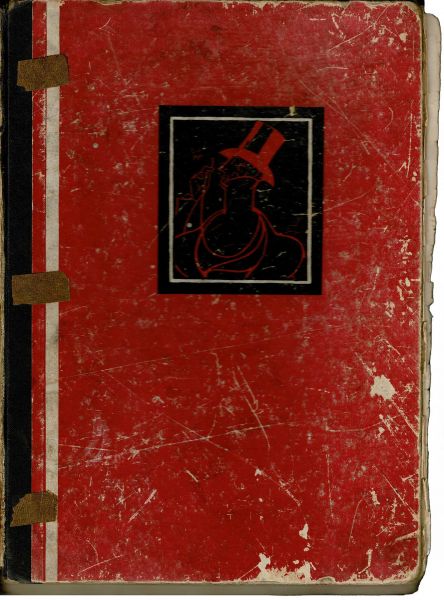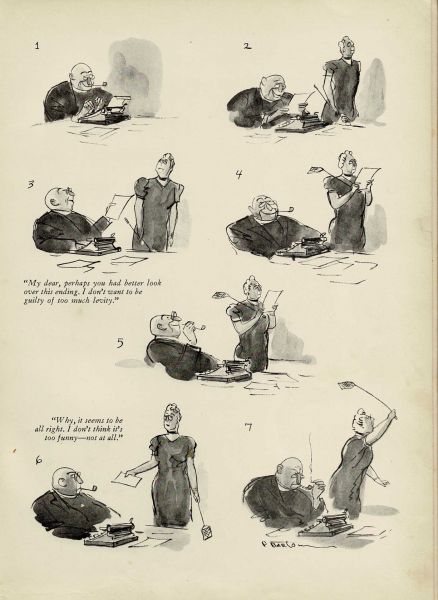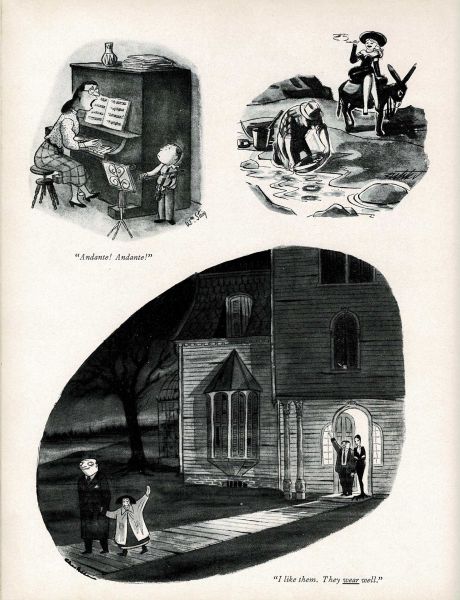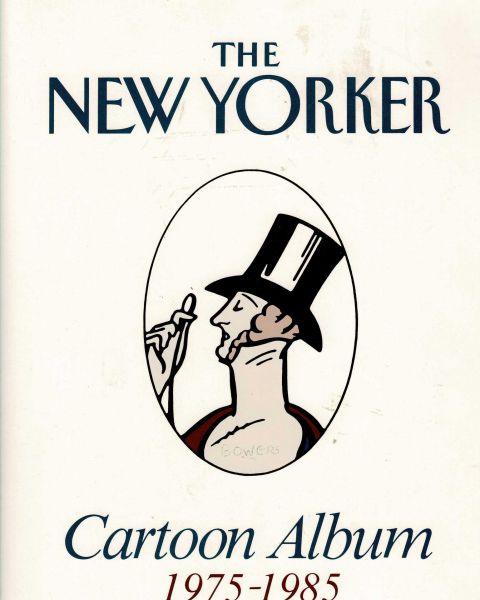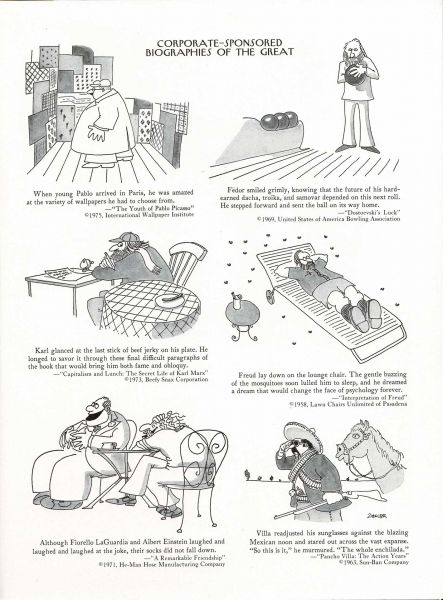The Evolution of New Yorker Cartoons
The Cartoons of the New Yorker
This cartoon came to me over my Facebook page, posted by the cartoonist herself, Teresa Parkhurst Burns, from the New Yorker magazine. It received the usual likes and comments from like-minded Facebook Friends. I studied the cartoon for a few minutes and decided, it wasn't funny. It may elicit a few anti-Republican titters but lacks the depth to hold a reader, who will then scroll on to look at other posts. Burns's cartoon stokes a reader's political convictions, rather than his sense of humor.
Growing up, I read the New Yorker because my parents had it around. It didn't have simply cultural sense and creativity; it didn't simply please discerning readers. It conveyed a sense of "Our Crowd," warts and all, a neighborhoodly exclusivity. Among other things, the New Yorker serialized books by writers like John McPhee who wrote Encounters with the Archdruid and The Curve of Binding Energy. Under the leadership of Harold Ross, the New Yorker published stories by emerging writers like James Thurber, E. B. White, and J. D. Salinger; and it had simply the best cartoons in the business.
My father received this volume of New Yorker cartoons for Christmas, 1942, from his good friend Curtis Jordan, who worked as a B-17 pilot at the time, and later as best-man at Father and Mother's high-spirited wedding in 1946. My parents laughed their way through the volumes of cartoons and made the New Yorker a regular thing—both the magazine and the cartoons.
The cartoons have spoiled me for lower-grade humor, and stand out in our culture like high-end clothes or bourbon. In today's partisan climate, the New Yorker simply no longer fills the shoes. Its absence at the high end of the culture leaves a gap you could drive a library bus through. Since the time of Harold Ross, it has evolved into just another chi-chi, liberal weekly that subordinates humor and just about everything else to orthodox liberal doctrine. These factors make the New Yorker safe and sound-asleep—no longer a stand-out statement that challenges a reader.

